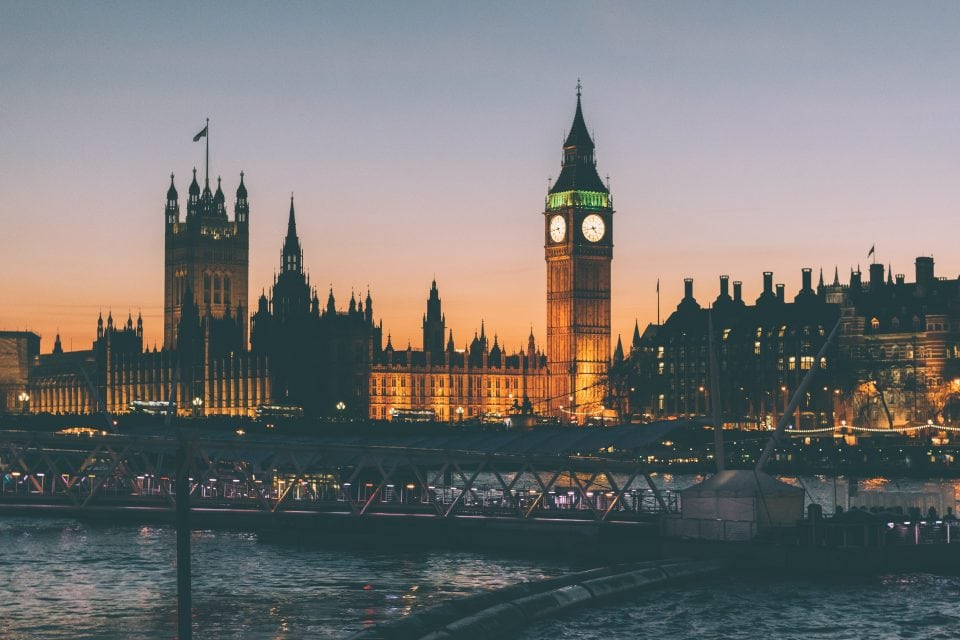ISSN: 2736-6065
Blog Post by Irina von Wiese, former LibDem MEP
London Calling is the European Liberal Forum’s column aimed at bridging the Channel.
Despite the fanfare with which Johnson launched his new Global Britain agenda, the reality of post-Covid Britain looks very little global. Apart from ongoing Brexit woes and the lack of progress with bilateral trade deals, Britain’s standing in the world has been greatly diminished. At a time when the pandemic moves to parts of the world that can afford neither vaccines nor ventilators, Johnson’s decision to reduce the U.K.’s international aid budget might have catastrophic consequences in the developing world. It will also further damage his credibility with partners such as the World Bank, the EU, and the GAVI vaccine alliance with whom Britain had pre-existing agreements to contribute to multilateral funds.
When the Conservative government decided to reduce UK development aid spending from 0.7 to 0.5 percent – a drop of approximately £4 billion globally – it hoped to brush the impact under the carpet. After all, the British economy had taken a huge hit, and money was needed to rebuild it. While this is easy to sell to lockdown-damaged voters – notably in the ‘Red Wall’ constituencies the Conservatives now target -, it is short-sighted and does not benefit anyone, least of all the UK’s longer term prospects of economic recovery. Global interdependencies cannot simply be eradicated: the pandemic has shown that the weakest link determines the overall outcome for health and prosperity of people everywhere, not least in the richer nations. Poverty and instability in developing countries not only bring misery to billions of people, but lead to increased migration and greater threat of terrorism.
And then there is the detail. Tragically, cuts in development aid have hit some of the most vulnerable groups, and some of the most efficient charities. Two examples stand out:
First, the UK government stopped almost all UK funding for clean water projects in developing countries. A leaked memo by WaterAid revealed that funding for water, sanitation and hygiene bilateral projects will be cut by more than 80 percent. Apart from the impact on existing water-based diseases such as cholera, one can imagine what this will do to poorer nations’ efforts to fight the pandemic. Water project have brought clean water, good hygiene and better to 62 million people in the last five years. In the UK, the government has promoted hand-washing as one way the public can protect themselves from contracting coronavirus – the same does not seem to apply to those without access to clean water. Health effects are compounded by the more environmental impact of water pollution and climate change. The fact that these cuts come only a few months before the UK is hosting COP26 climate change conference makes Johnson’s credibility even more doubtful.
Second, Britain’s contribution to the United Nations family planning programme will be cut by a whopping 85 percent. The programme, run by the United Nations Population Fund (UNFPA), aims to reduce unintended pregnancies and unsafe abortions, by providing contraceptives and maternal health medicines for women and girls in the world’s poorest nations. The UK government had committed to contribute £155 million, but now says it can pay only £23 million, jeopardising UNFPA projects that had already been budgeted. According to UNFPA, the money could have helped to prevent some 250,000 maternal and child deaths, 14.6 million unintended pregnancies and 4.3 million unsafe abortions. It could have empowered women and girls to decide their own fate, pursue education and careers, and lift their own families out of poverty.
Sadly, it looks like this is only the start. For obvious reasons, these cuts are not announced in advance – in fact they are not announced at all, but usually uncovered by affected organisations and charities, after they have happened. While cuts are said to be ‘temporary’, no time frame has been stated, and much of the damage done is irreversible.
Donald Trump opposed environmental and reproductive health spending, put ‘America First’ and cut funds to multilateral organisations such as the United Nations. It seems that Boris Johnson is happily taking his baton, albeit clandestinely and under the pretence of post-pandemic financial hardship. But the fact he doesn’t boast with his recklessness – this is only the latest in a series of broken promises – doesn’t make it any less harmful. Trump, at least, was brazen in his disregard for human rights and the plight of poorer nations. The chasm between haughty declarations of intention (from ‘Take Back Control’ to ‘Global Britain’) and attempts to hide real outcomes make Johnson’s U-turns even more despicable.
Published by the European Liberal Forum. The opinions expressed in this publication are those of the author(s) and do not necessarily represent those of the European Liberal Forum.
